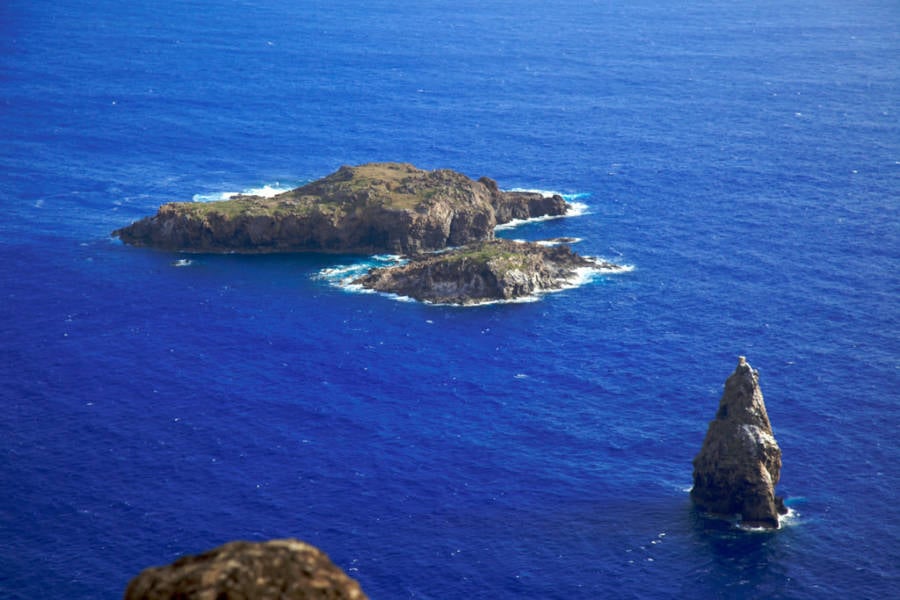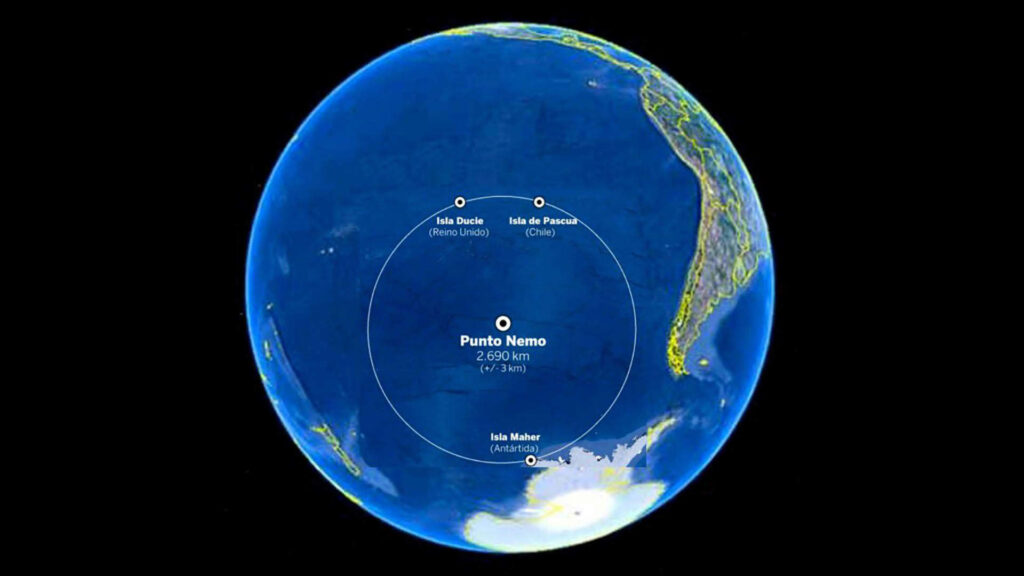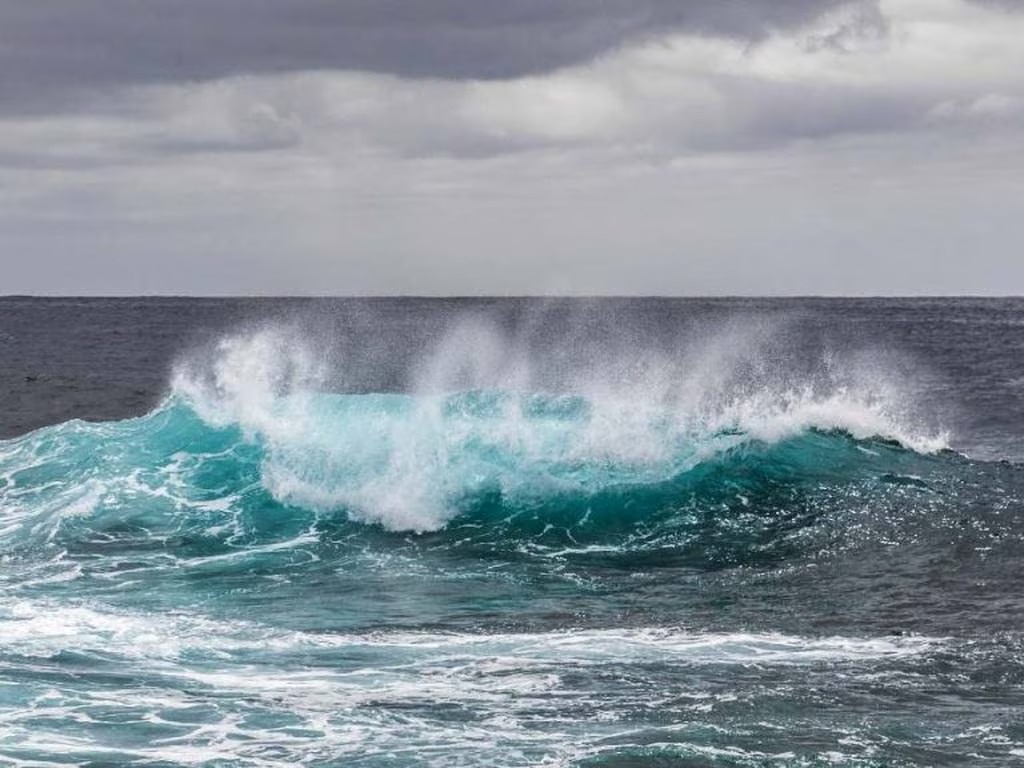
Deep in the Pacific Ocean, there is a place that is so remote, so isolated, that it is considered the loneliest place on earth. This spot, known as Point Nemo, is the point on the planet that is farthest away from any landmass. It’s so remote that when ships pass through it, the nearest human beings are astronauts aboard the International Space Station, some 416 kilometers (256 miles) above.
Located in the southern Pacific Ocean, Point Nemo is named after the famous submariner Captain Nemo from Jules Verne’s “Twenty Thousand Leagues Under the Sea.” This remote location is officially known as the oceanic pole of inaccessibility and is defined as the point in the ocean that is farthest away from any land. Point Nemo is situated at 48 degrees 52.6 minutes south latitude and 123 degrees 23.6 minutes west longitude.



Due to its remote location, Point Nemo has become a popular spot for spacecraft to land when they return to Earth. This is because the region is largely uninhabited, making it safe for the spacecraft to make a controlled descent without any risk of harming humans or property. This means that Point Nemo has become a graveyard of sorts for a number of spacecraft, including the European Space Agency’s ATV-1 “Jules Verne” in 2008 and Russia’s MIR space station in 2001.

Despite its reputation as the most remote spot on Earth, Point Nemo is not completely devoid of life. It’s home to a diverse array of marine life, including sharks, dolphins, and whales, who call this isolated region their home. Scientists have also discovered unique species of plankton and other organisms that thrive in the harsh conditions of the open ocean.
For those who seek adventure and solitude, Point Nemo represents the ultimate challenge. It’s a place where the vast expanse of the ocean stretches out in every direction, and the only sounds you’ll hear are the lapping of the waves against your vessel. To experience the sheer isolation of Point Nemo is to truly appreciate the vastness of our planet and our place in the universe.

Leave a Reply